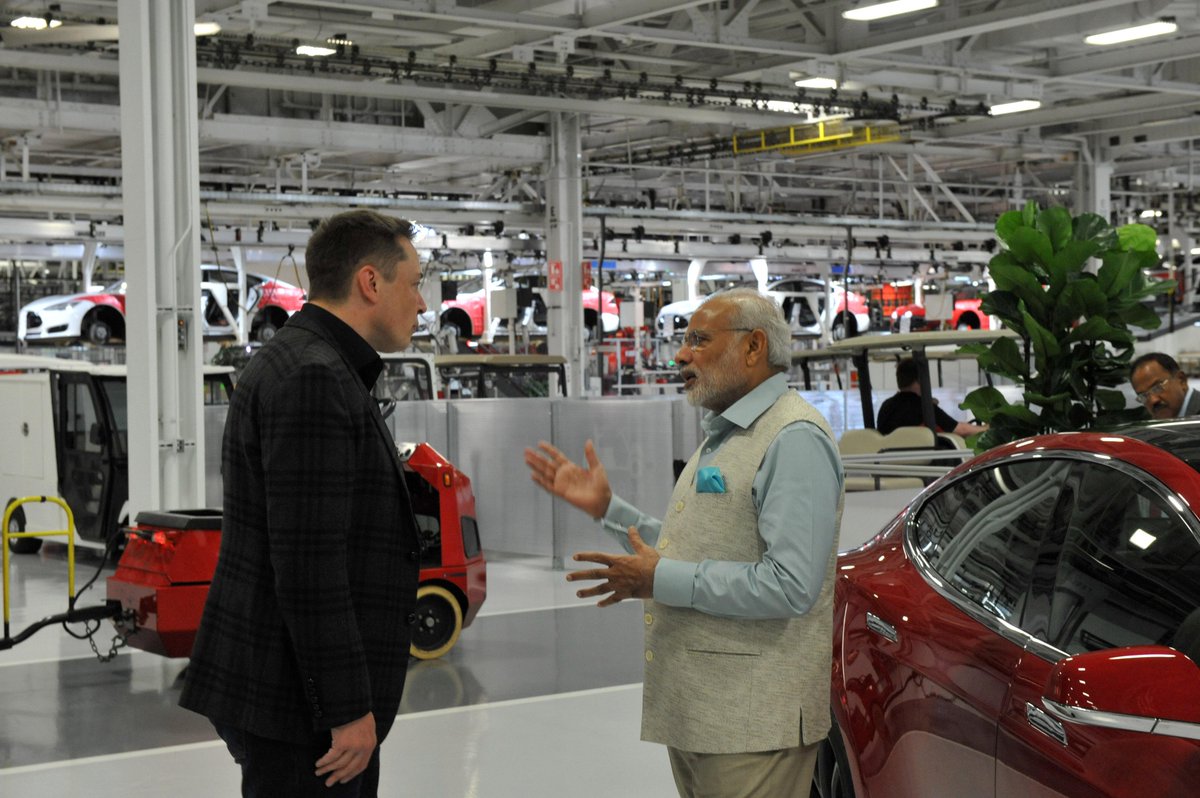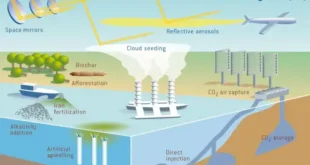
Can Electric cars become the mode of Transportation for Future India?
It’s practically similar to a thought that has gone viral around the web. Everyone is talking about electric vehicles the administration, the automotive industry, citizens and even our general surroundings. We are getting to see electric vehicles in the commercial 3-wheeler space, e-carts and somewhat in the electric bikes and electric cars. With respect to the administration, it has just affirmed the FAME India Phase II for e-mobility . FAME stands for Faster Adoption and Manufacturing of Electric Vehicles in India Phase.
Environmental contamination is the main concentration and in request to improve that we must have electric vehicles. At that point obviously FAME II discusses setting up charging stations across the nation in a grid of 3×3 kilometres, possibly around 2700 such stations everywhere on over the nation in urban communities, towns, parkways.
EV technology in India is, thus exceptionally subject to new innovation and government incentives. Simultaneously, the administration needs to handle the economic slowdown and put resources into future-ready and advance innovation simultaneously. This has prompted a deep dichotomy in the Indian electric vehicles market which has placed the fate of EV innovation in India in somewhat of a muddle.
With regards to the fate of electric vehicles in India, the significant spotlight will be on propping up the overall framework identified with EVs. India was accounted for to have 650 charging stations in 2018, while China had more than 456 thousand charging stations in the same year. Notwithstanding charging stations, the absence of private parking spots is additionally noted as a deterrent for electric vehicles reception, and the absence of moderate sustainable power source implies charging EVs is putting a cost for the effectively focused on coal-fired power grid.
As per the leading auto maker Maruti Suzuki’s research 60% of Indian clients don’t have their own parking spot. “It is extremely unlikely they can charge the vehicle, hence they won’t embrace it,” stated, senior Engineering Chief of Maruti Suzuki India.
Range anxiety is what consumers suffer from knowing that the electric vehicle might not have sufficient range to take them to their destination. This is deeply linked to the lack of charging infrastructure in the country, and while conventional vehicles can be refuelled at petrol stations, such regularised infrastructure is not yet available for EVs.
While nobody questions that the Indian government is doing everything it can to push EVs, the Faster Adoption and Manufacture Of (Hybrid) And Electric Vehicles (FAME) strategy has been condemned by the business previously. The legislature had at first focussed on vehicle standardization with FAME, which was sidelined for an accentuation on assembling.
Right now, the administration is caught up with drafting an EV charging foundation structure. The government is likewise considering making it mandatory to introduce EV charging stands at all Company-Owned, Company-Operated (COCO) petrol stations of state refiners. The EV charging facility at all petrol stations could help boost e-mobility in a major manner.
So we can say that this adoption won’t be simple by any means. Starting today, it will appear as a tough & uphill task in India at any rate. We should discuss the ground real factors. India needs to walk before it can run. So as opposed to going fully electric, which will be a nightmare for many Indian buyers, we have to go hybrid first.
Also Read: Another Indian in key role in the US
Also Read: Objections upon Tandav scenes
 Jubilee Post News & Views
Jubilee Post News & Views





